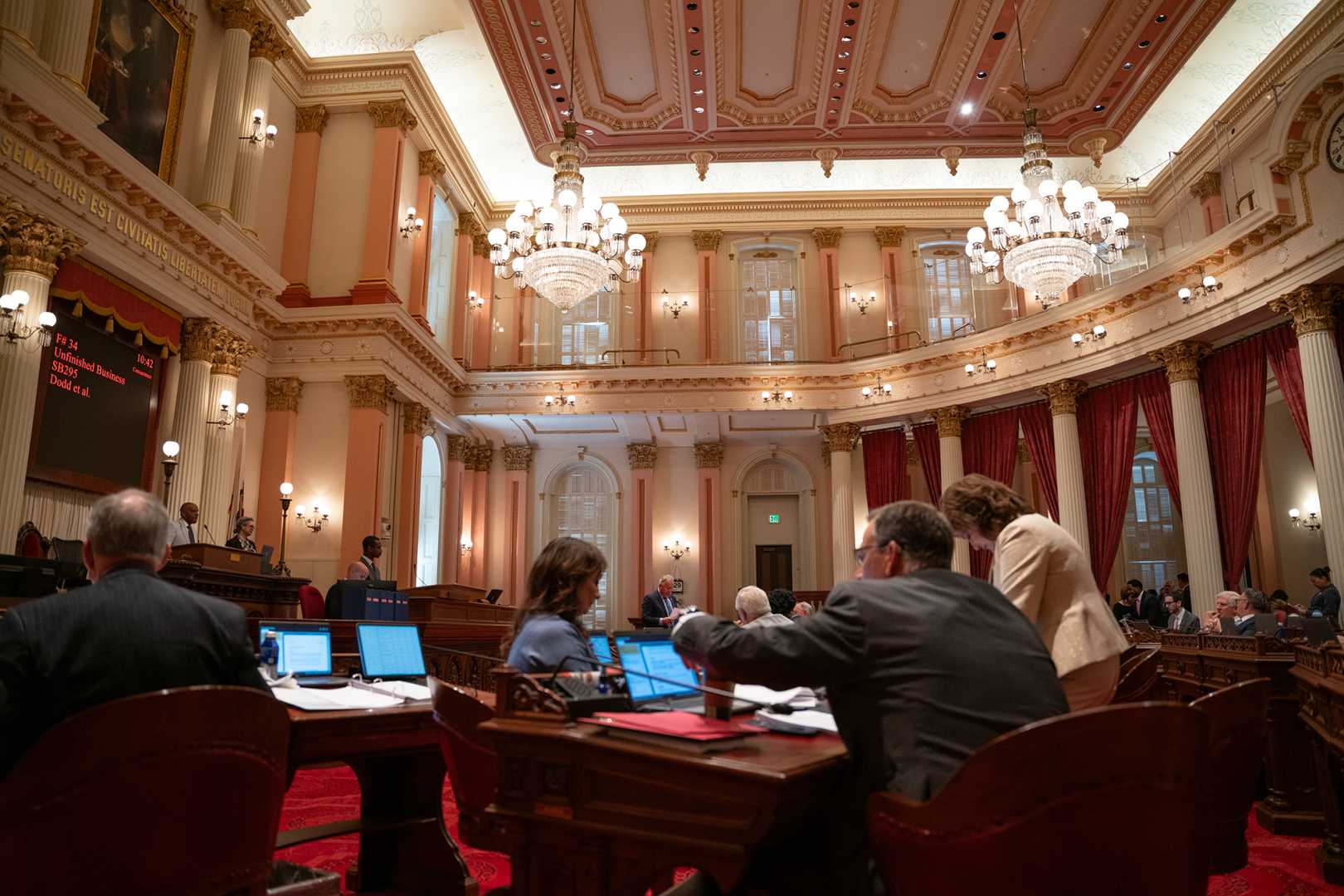Politics
California Lawmakers Remove Tougher Penalties for Teen Solicitation

SACRAMENTO, Calif. — Democratic state lawmakers in California approved changes on Thursday to a bill that eliminates tougher penalties for soliciting sex from 16- or 17-year-olds. This controversial decision followed a heated debate in the Assembly, characterized by accusations and intense discussions between members of both parties.
Republican minority leader James Gallagher of Yuba City expressed frustration during the debate, demanding, “Give me one good reason why we should treat [16- and 17-year-olds] differently. You can’t.” Republican lawmakers accused Democrats of being lenient on sex offenders, while Democrats were criticized for politicizing the issue.
The current law prohibits soliciting minors under the age of 16 for sex, with penalties including misdemeanors or felonies depending on prior offenses. An earlier version of the bill sought to extend these penalties to older teens, but that provision was removed following amendments made by the Democratic-led Assembly.
Despite the controversy, Democrats reaffirmed their intent to enhance protections for older teens, although this will not change how soliciting charges are administratively pursued. The amendments also removed the name of the original bill author, Assemblymember Maggy Krell of Sacramento.
This marks the second consecutive year that California Democrats have declined to impose felony charges for soliciting older minors. Critics of the bill have been vocal, including Governor Gavin Newsom, who argued on social media this week that all sex predators should be treated equally under the law as felons.
Assemblymember Josh Hoover, a Republican from Folsom, commented, “What a sad state of affairs it is when Governor Gavin Newsom has to be the voice of reason.”
Along with calls for tougher penalties, Assemblymember Nick Schultz, chair of the public safety committee, raised concerns that stronger punishments could potentially target vulnerable youth in LGBTQ or interracial relationships.
The path forward on this matter remains uncertain, as Democrats continue to push for a resolution this year. The proposed legislation is still pending in the Assembly.












